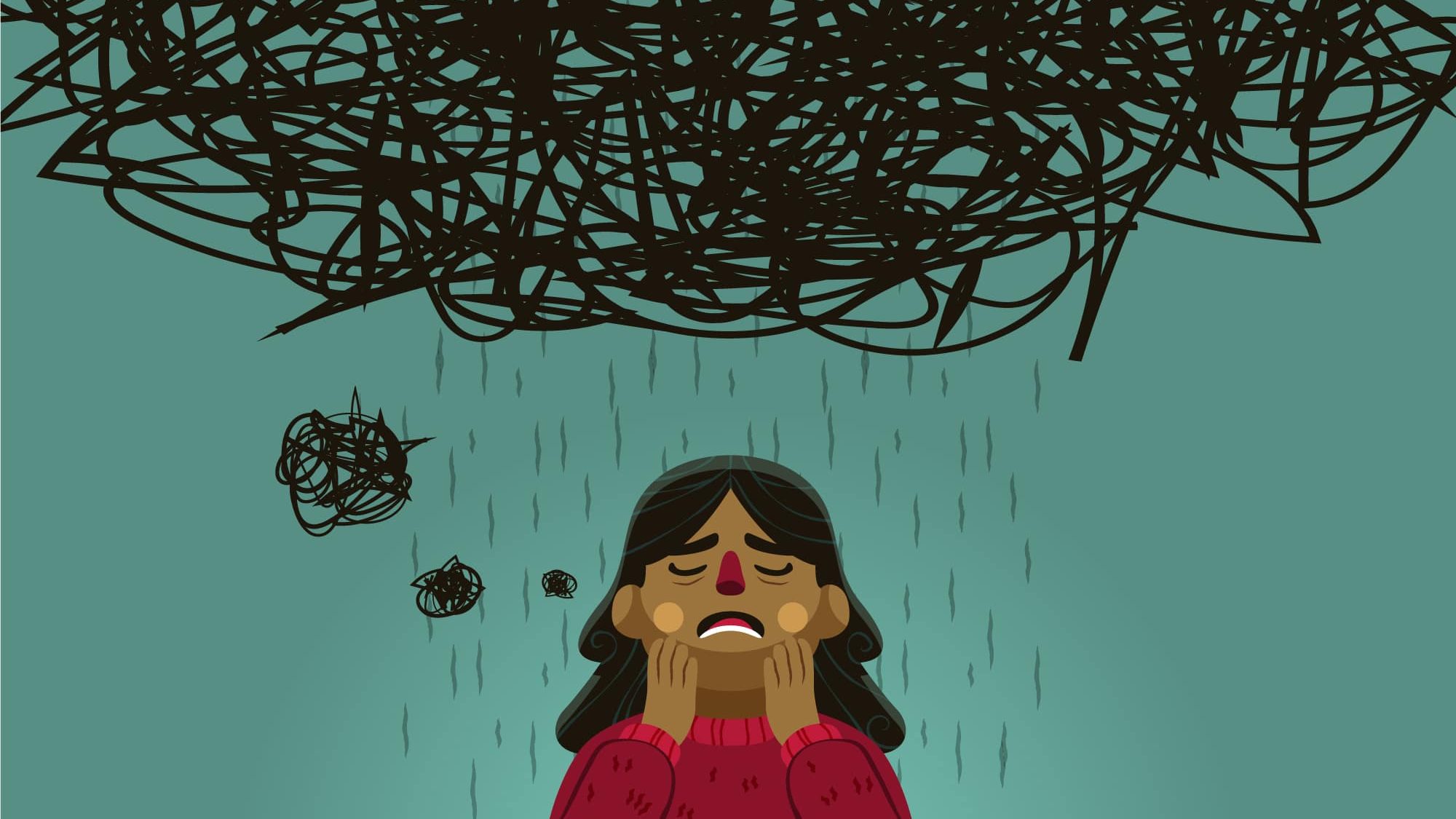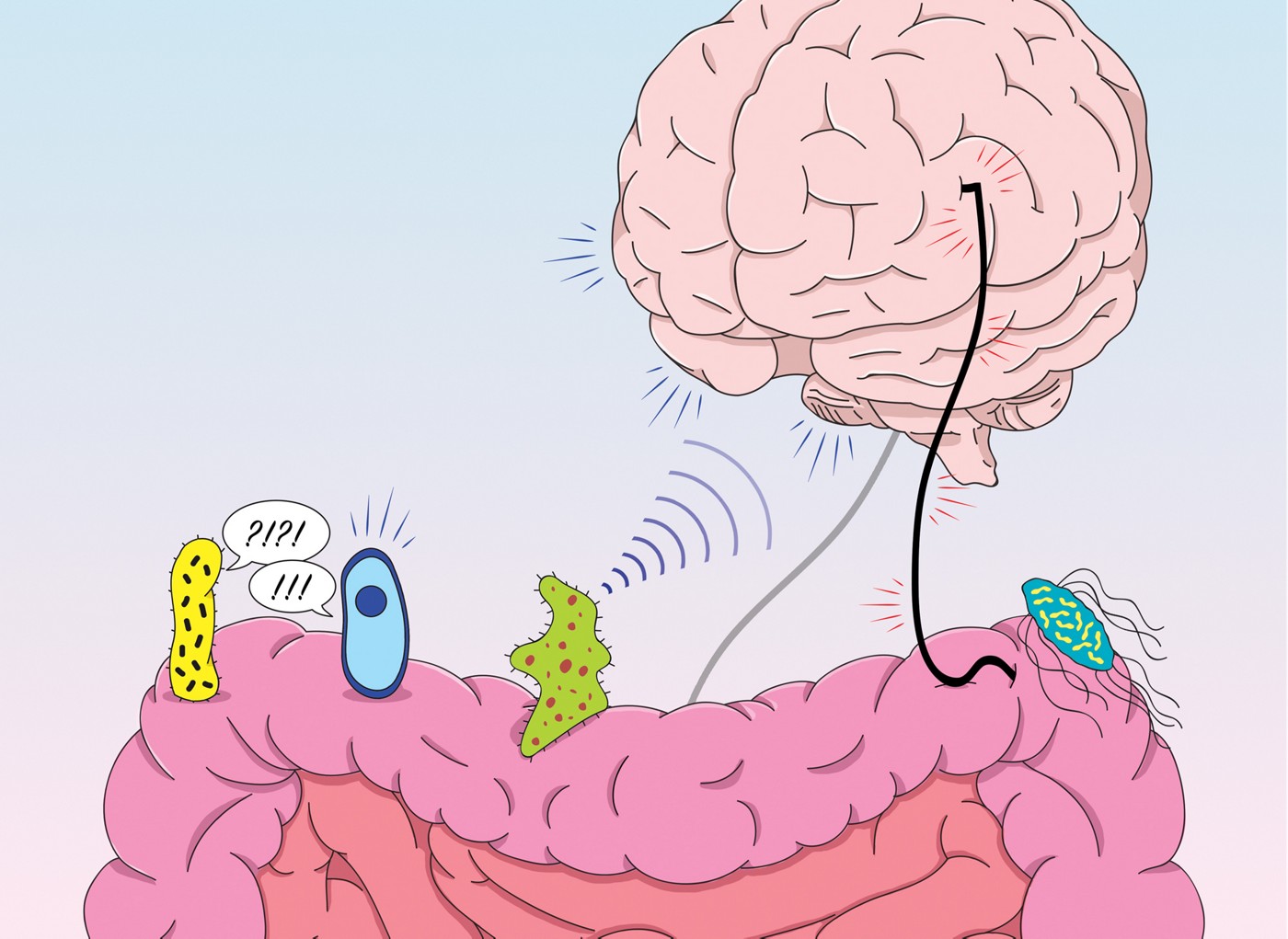
Introduction
Clinical depression, also known as major depressive disorder (MDD), is a widespread mental health condition that goes beyond simply feeling sad. In this article, we explore the complexities of clinical depression, its symptoms, causes, and various treatment options. It is important to understand the complexities of this condition in order to foster a supportive environment for those affected.
Symptoms of Clinical Depression
At its core, it is manifested through persistent and intense feelings of sadness, often accompanied by a loss of interest or enjoyment in once pleasurable activities. These symptoms can have a significant impact on daily life, affecting everything from sleep patterns to energy levels.
Causes of clinical depression
Unraveling the origins of it involves considering a mix of biological, environmental, and psychological factors. Biological predispositions, environmental stressors, and individual cognitive patterns contribute to the development of this mental health condition.
Diagnosis and evaluation
Diagnosing clinical depression requires a professional assessment considering established criteria such as duration and severity of symptoms. It is important to seek help from mental health professionals for an accurate diagnosis and tailored treatment plan.
treatment options
Due to the multifaceted nature of clinical depression, treatment requires a comprehensive approach. Psychotherapy, including cognitive-behavioral therapy (CBT), and medication, such as selective serotonin reuptake inhibitors (SSRIs), form essential components of treatment plans. Lifestyle changes, including exercise and stress management, complement these interventions.
Role of support systems
Recognizing the importance of support systems is paramount in the journey of overcoming clinical depression. Family, friends and support groups play a vital role in providing emotional and practical support to those dealing with the challenges of this mental health condition.
Myths and Facts about Clinical Depression
It is important to dispel common myths associated with it to promote understanding. Clearing up misconceptions helps reduce the stigma associated with mental health issues and promotes open communication.
prevention strategies
Proactive measures to identify early symptoms of depression and build resilience against life stressors can serve as effective prevention strategies. It is important to educate individuals on self-care practices and mental health awareness.
The link between clinical depression and physical health
It is important to identify the connection between mental and physical health. It can impact overall well-being, emphasizing the need for an integrated health care approach that addresses both mental and physical aspects.
coping mechanisms
It is important for individuals managing clinical depression to develop healthy coping mechanisms. Emphasizing positive strategies and discouraging harmful coping mechanisms contribute to overall well-being.
Special Considerations: Children and Teens
It is important to understand the unique challenges of diagnosing and treating depression in youth. Interventions tailored to the developmental stages of children and adolescents increase the effectiveness of treatment.
Cultural Perspectives on Clinical Depression
The discovery of cultural variations in the expression and perception of it highlights the importance of considering diverse perspectives in mental health care.
Removing the Stigma Related to Mental Health
Promoting open conversations about mental health and removing stigmatizing beliefs contributes to creating a more supportive and understanding society.
Future directions in depression research
Ongoing research holds promise for the development of innovative treatments and a deeper understanding of the neurobiological underpinnings of depression. Advances in these areas have raised hopes for better treatment outcomes.
conclusion
In conclusion, clinical depression is a complex and impactful mental health condition that requires a nuanced and compassionate approach. By promoting awareness, dispelling myths and adopting a holistic perspective, we can contribute to a society that supports individuals on their journey towards mental well-being.
FAQ
How common is clinical depression?
It is a prevalent mental health condition, affecting millions of people worldwide.
What role does genetics play in the development of clinical depression?
While genetics may contribute, environmental factors also play an important role in the onset of it.
Are there alternative treatments for treating clinical depression?
Some individuals find benefit in alternative treatments such as mindfulness meditation and acupuncture, but these should be used to complement evidence-based treatments.












